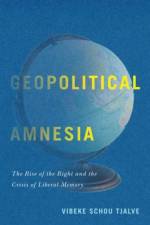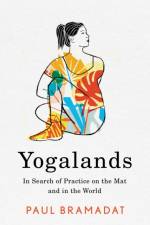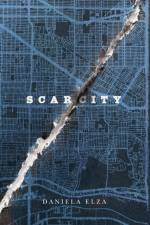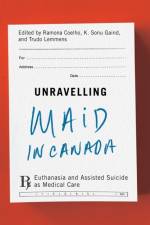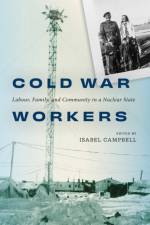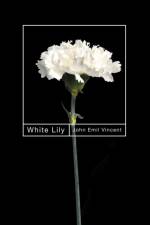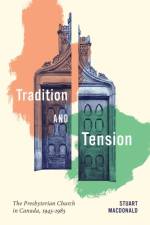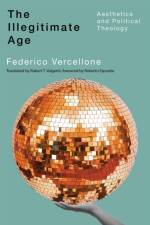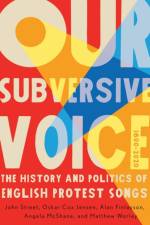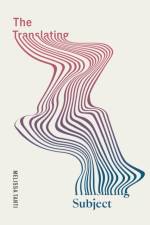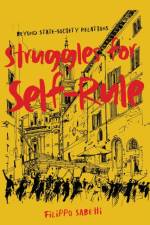Bøger udgivet af McGill-Queen's University Press
-
- The Rise of the Right and the Crisis of Liberal Memory
393,95 kr. How a rising right in the United States and Europe idolizes strength, masculinity, and even war.
- Bog
- 393,95 kr.
-
- Justice in the Age of Reason
296,95 kr. The life and times of the great eighteenth-century judge and statesman, whose legacy continues to influence Anglo-American law and society.
- Bog
- 296,95 kr.
-
942,95 kr. - Bog
- 942,95 kr.
-
- Bog
- 691,95 kr.
-
363,95 kr. - Bog
- 363,95 kr.
-
325,95 kr. - Bog
- 325,95 kr.
-
325,95 kr. - Bog
- 325,95 kr.
-
263,95 kr. - Bog
- 263,95 kr.
-
180,95 kr. - Bog
- 180,95 kr.
-
325,95 kr. - Bog
- 325,95 kr.
-
325,95 kr. - Bog
- 325,95 kr.
-
652,95 kr. - Bog
- 652,95 kr.
-
325,95 kr. - Bog
- 325,95 kr.
-
257,95 kr. - Bog
- 257,95 kr.
-
402,95 kr. - Bog
- 402,95 kr.
-
180,95 kr. - Bog
- 180,95 kr.
-
315,95 kr. - Bog
- 315,95 kr.
-
- Bog
- 325,95 kr.
-
296,95 kr. - Bog
- 296,95 kr.
-
354,95 kr. - Bog
- 354,95 kr.
-
363,95 - 942,95 kr. - Bog
- 363,95 kr.
-
257,95 kr. - Bog
- 257,95 kr.
-
257,95 kr. - Bog
- 257,95 kr.
-
276,95 kr. - Bog
- 276,95 kr.
-
257,95 kr. - Bog
- 257,95 kr.
-
942,95 kr. Voltaire's Workshop argues that the French translation of Henry Fielding's Tom Jones, by Pierre-Antoine de La Place, was the single most important source for Voltaire's Candide.
- Bog
- 942,95 kr.
-
730,95 kr. - Bog
- 730,95 kr.
-
295,95 kr. Our Subversive Voice establishes the protest song as a mode of political communication. Covering five centuries in England's history, from street ballads and art song to grime, hymns, music hall, and punk, this book explores the causes that protest songs adopt, the conditions that give rise to them, and the institutions that have suppressed them.
- Bog
- 295,95 kr.
-
353,95 - 942,95 kr. - Bog
- 353,95 kr.
-
1.041,95 kr. Drawing on case studies in Italian history, Struggles for Self-Rule asks, do the centralizing tendencies of modern politics sap the self-organizing powers of individuals and communities, and what, if anything, can be done about it?
- Bog
- 1.041,95 kr.

